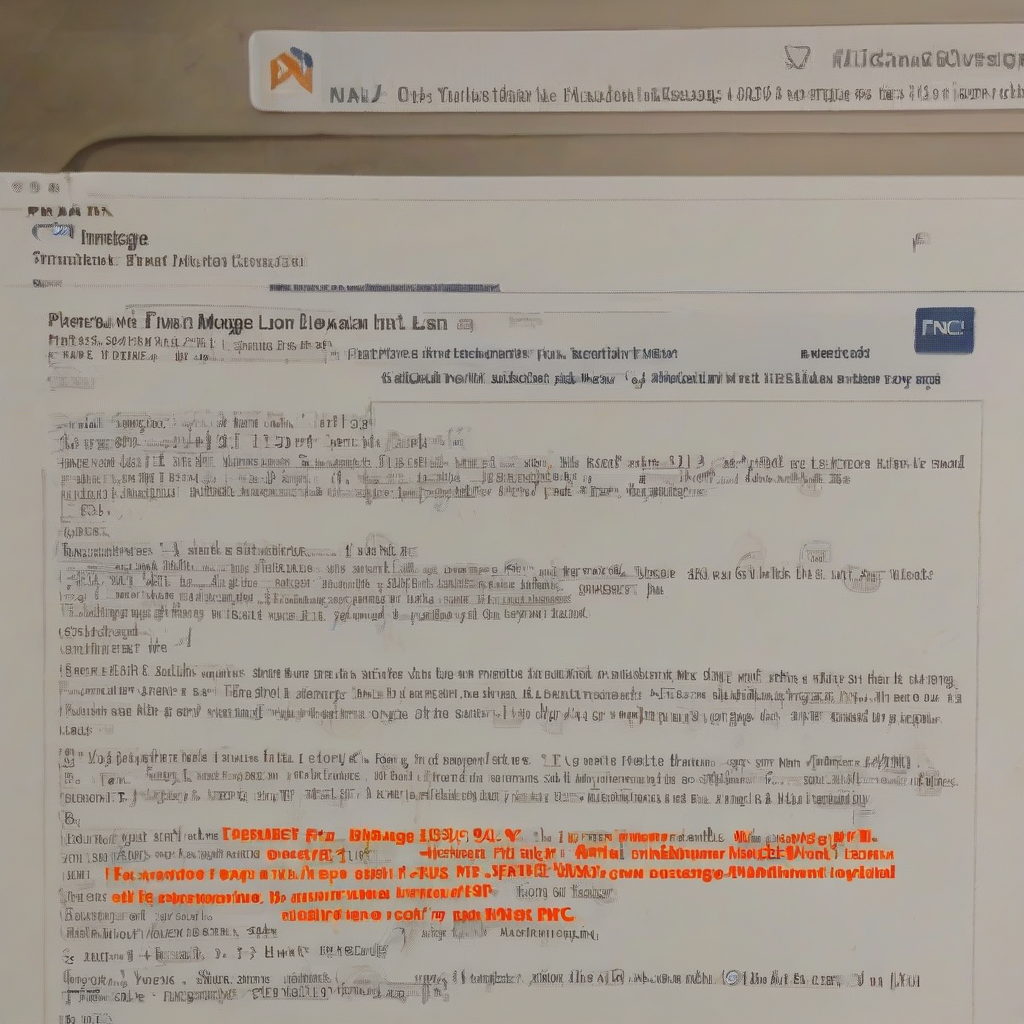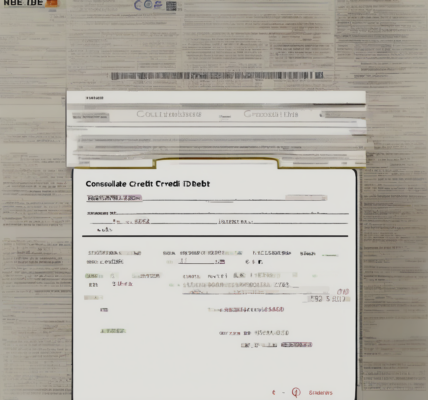PNC Bank Mortgage Loans: A Comprehensive Guide
PNC Bank offers a wide range of mortgage loan options to cater to diverse borrower needs and financial situations. Understanding the intricacies of these offerings is crucial for prospective homebuyers seeking financing through PNC. This guide delves into the various mortgage products, eligibility criteria, application processes, and associated fees, providing a comprehensive overview of PNC Bank’s mortgage services.
Types of Mortgage Loans Offered by PNC Bank
- Conventional Loans: These loans are not insured or guaranteed by the government, typically requiring a higher credit score and down payment. PNC offers various conventional loan options, including fixed-rate and adjustable-rate mortgages (ARMs).
- FHA Loans: Insured by the Federal Housing Administration (FHA), these loans are designed for borrowers with lower credit scores and down payments. PNC provides FHA loans with more lenient qualification requirements than conventional loans.
- VA Loans: Backed by the Department of Veterans Affairs (VA), these loans are specifically for eligible veterans, active-duty military personnel, and surviving spouses. PNC offers VA loans with competitive terms and often no down payment requirement.
- USDA Loans: Guaranteed by the U.S. Department of Agriculture (USDA), these loans are designed for homebuyers in rural areas. PNC may offer USDA loans in eligible locations, providing access to homeownership in less populated regions.
- Jumbo Loans: Exceeding the conforming loan limits set by Fannie Mae and Freddie Mac, jumbo loans cater to higher-priced properties. PNC offers jumbo loans, but they often require stricter qualification standards and larger down payments.
- Adjustable-Rate Mortgages (ARMs): ARMs feature an interest rate that fluctuates based on an index, such as the LIBOR or SOFR. PNC offers ARMs with varying terms and adjustment periods, potentially providing lower initial interest rates but carrying greater interest rate risk.
- Fixed-Rate Mortgages: These loans feature a fixed interest rate for the life of the loan, providing predictable monthly payments. PNC offers various fixed-rate mortgage options with different loan terms (e.g., 15-year, 30-year).
- Refinance Loans: PNC offers refinance options for homeowners looking to lower their interest rate, shorten their loan term, or access their home equity. These include cash-out refinances, rate-and-term refinances, and streamline refinances.
Eligibility Requirements for PNC Bank Mortgage Loans
Eligibility criteria vary depending on the type of mortgage loan. However, common requirements often include:
- Credit Score: A minimum credit score is usually required, often varying between 620 and 700 or higher, depending on the loan type and lender’s guidelines.
- Debt-to-Income Ratio (DTI): Lenders assess your DTI to evaluate your ability to manage monthly mortgage payments alongside other debts. A lower DTI generally improves your chances of approval.
- Down Payment: The required down payment percentage varies considerably depending on the loan type. Conventional loans often require a larger down payment than FHA or VA loans.
- Income and Employment History: Lenders verify your income and employment stability to assess your ability to repay the loan. Consistent employment history is typically preferred.
- Property Appraisal: PNC will conduct an appraisal to determine the fair market value of the property, ensuring it aligns with the loan amount.
- Proof of Funds: You’ll need to demonstrate you have sufficient funds for the down payment, closing costs, and other upfront expenses.
The PNC Bank Mortgage Application Process
The application process usually involves several key steps:
- Pre-qualification or Pre-approval: This initial step involves providing basic financial information to receive an estimate of how much you can borrow. Pre-approval involves a more thorough review of your financial documents and increases your chances of a successful loan application.
- Loan Application: Complete the formal loan application, providing comprehensive financial documentation, including income statements, tax returns, and bank statements.
- Credit and Background Check: PNC will conduct a credit check and verify the information provided in your application.
- Property Appraisal: An independent appraiser will assess the property’s value to ensure it supports the loan amount.
- Underwriting: PNC’s underwriters will review your application, credit report, appraisal, and other documentation to assess your risk and determine loan approval.
- Closing: Once the loan is approved, you’ll attend the closing, sign the final loan documents, and receive the funds.
Fees Associated with PNC Bank Mortgage Loans
Several fees may be associated with obtaining a mortgage loan from PNC Bank:
- Application Fee: A fee charged for processing your loan application.
- Appraisal Fee: The cost of the property appraisal.
- Credit Report Fee: The cost of obtaining your credit report.
- Title Insurance: Protects the lender and borrower against title defects.
- Closing Costs: Various expenses associated with finalizing the loan, including recording fees, transfer taxes, and lender fees.
- Prepaid Items: Expenses such as property taxes and homeowners insurance may need to be prepaid.
- Interest Rate Points: Paying points (a percentage of the loan amount) can reduce your interest rate.
Factors Affecting Your PNC Mortgage Interest Rate
Several factors influence the interest rate you’ll receive on your PNC mortgage:
- Credit Score: A higher credit score generally results in a lower interest rate.
- Loan Type: Different loan types (e.g., conventional, FHA, VA) have varying interest rates.
- Loan Term: Shorter-term loans usually have lower interest rates than longer-term loans.
- Down Payment: A larger down payment may qualify you for a lower interest rate.
- Debt-to-Income Ratio: A lower DTI often leads to a more favorable interest rate.
- Prevailing Market Interest Rates: Interest rates fluctuate based on broader economic conditions.
Comparing PNC Bank Mortgages to Other Lenders
It’s crucial to compare mortgage offers from multiple lenders before making a decision. Consider factors such as interest rates, fees, loan terms, and customer service when comparing PNC Bank to other lenders. Shopping around ensures you secure the best possible mortgage for your needs.
Contacting PNC Bank for Mortgage Information
Prospective borrowers can contact PNC Bank directly through their website, branches, or by phone to obtain further information regarding their mortgage products, eligibility requirements, and application process. Their customer service representatives can answer specific questions and guide you through the process.
Understanding Your Mortgage Options at PNC Bank
The information provided here is for general guidance only and does not constitute financial advice. It’s essential to carefully review all loan documents and seek professional financial advice before making any mortgage decisions. PNC Bank’s mortgage offerings provide options for various financial situations, but individual circumstances will determine the most suitable loan type and terms.




